Lachlan R. Mason
RangL: A Reinforcement Learning Competition Platform
Jul 28, 2022


Abstract:The RangL project hosted by The Alan Turing Institute aims to encourage the wider uptake of reinforcement learning by supporting competitions relating to real-world dynamic decision problems. This article describes the reusable code repository developed by the RangL team and deployed for the 2022 Pathways to Net Zero Challenge, supported by the UK Net Zero Technology Centre. The winning solutions to this particular Challenge seek to optimize the UK's energy transition policy to net zero carbon emissions by 2050. The RangL repository includes an OpenAI Gym reinforcement learning environment and code that supports both submission to, and evaluation in, a remote instance of the open source EvalAI platform as well as all winning learning agent strategies. The repository is an illustrative example of RangL's capability to provide a reusable structure for future challenges.
Rule-based Evolutionary Bayesian Learning
Feb 28, 2022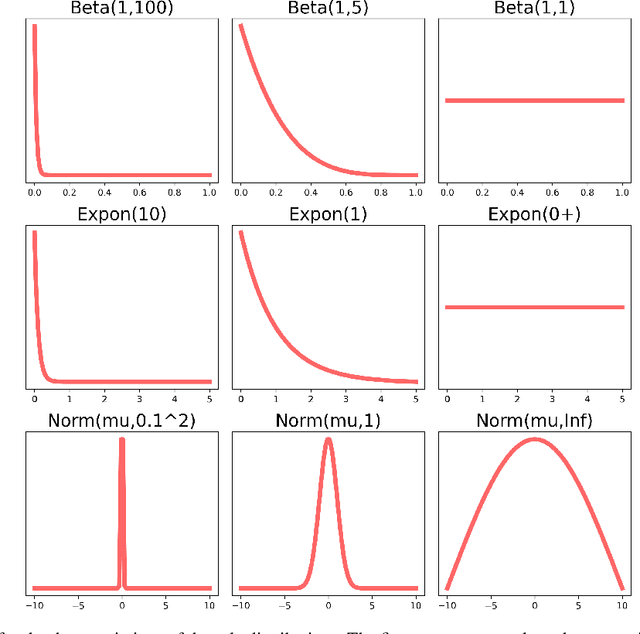
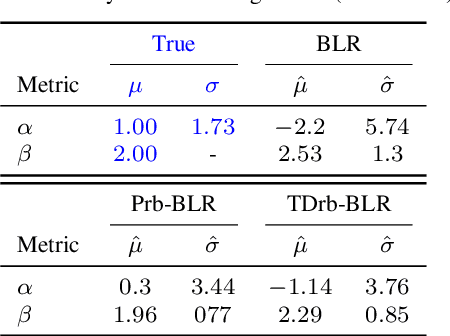
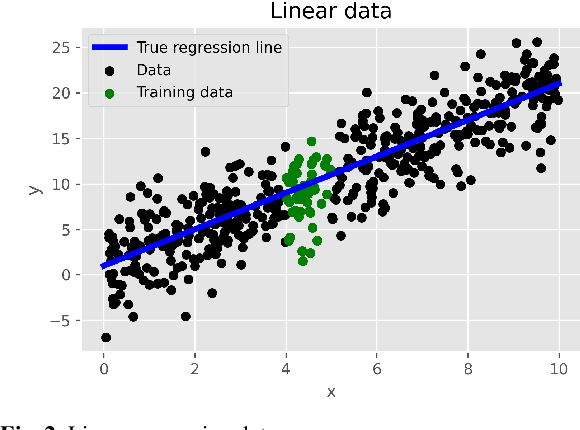
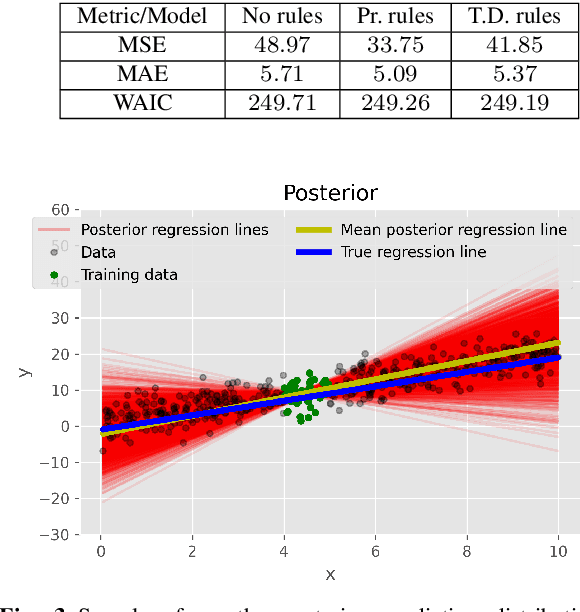
Abstract:In our previous work, we introduced the rule-based Bayesian Regression, a methodology that leverages two concepts: (i) Bayesian inference, for the general framework and uncertainty quantification and (ii) rule-based systems for the incorporation of expert knowledge and intuition. The resulting method creates a penalty equivalent to a common Bayesian prior, but it also includes information that typically would not be available within a standard Bayesian context. In this work, we extend the aforementioned methodology with grammatical evolution, a symbolic genetic programming technique that we utilise for automating the rules' derivation. Our motivation is that grammatical evolution can potentially detect patterns from the data with valuable information, equivalent to that of expert knowledge. We illustrate the use of the rule-based Evolutionary Bayesian learning technique by applying it to synthetic as well as real data, and examine the results in terms of point predictions and associated uncertainty.
Rule-based Bayesian regression
Aug 02, 2020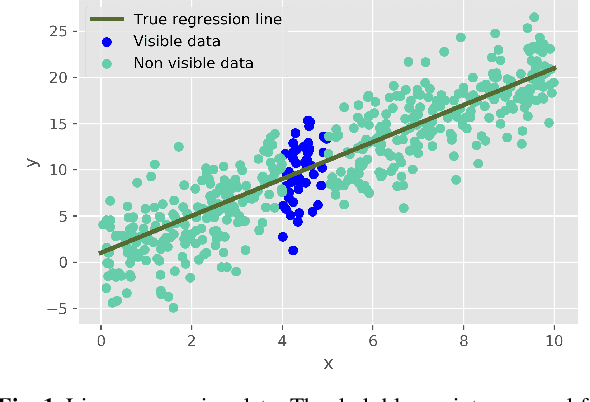

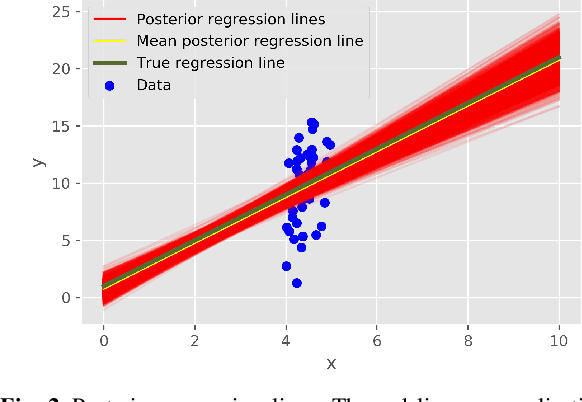
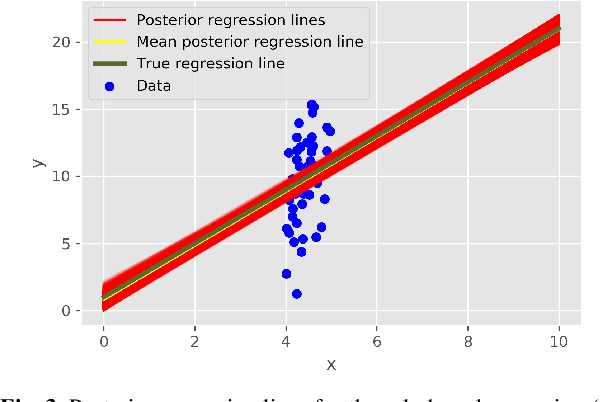
Abstract:We introduce a novel rule-based approach for handling regression problems. The new methodology carries elements from two frameworks: (i) it provides information about the uncertainty of the parameters of interest using Bayesian inference, and (ii) it allows the incorporation of expert knowledge through rule-based systems. The blending of those two different frameworks can be particularly beneficial for various domains (e.g. engineering), where, even though the significance of uncertainty quantification motivates a Bayesian approach, there is no simple way to incorporate researcher intuition into the model. We validate our models by applying them to synthetic applications: a simple linear regression problem and two more complex structures based on partial differential equations. Finally, we review the advantages of our methodology, which include the simplicity of the implementation, the uncertainty reduction due to the added information and, in some occasions, the derivation of better point predictions, and we address limitations, mainly from the computational complexity perspective, such as the difficulty in choosing an appropriate algorithm and the added computational burden.
 Add to Chrome
Add to Chrome Add to Firefox
Add to Firefox Add to Edge
Add to Edge